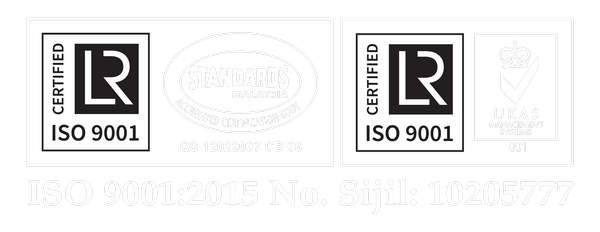DS976 - Doctor in Endodontology (DrEndo)
The Doctor in Endodontology programme may be undertaken by coursework which leads to specialist registration. The degree of Doctor in Endodontology is awarded on the basis of submission of a dissertation and the completions of course work including clinical practice.
The dissertation should give evidence of the candidate’s ability to perform research, that the candidate has shown originality and independence, and that the candidate has made a significant contribution to knowledge in the particular field towards improving oral healthcare delivery.
Completed and successful dissertation should be accepted by the panel of examiners appointed by the university.
The research should be of a kind which a diligent and competent student is expected to complete within the three years of the study programme.
Candidates attend overview lectures, seminars, clinical work and other relevant activities according to the prescribed content of the programme.
Additional training is provided in the practical aspects of extended patient care and patient-oriented research in the field of Endodontology, including the ethics of clinical research and effective communication of clinical research results.
Candidates also prepare a cumulative log summarising the practical work performed in the field of Endodontology for presentation to the supervisors or examiners if requested at the interim and final examinations.
This a taught postgraduate degree awarded following the satisfactory completion of a full-time programme of study in research, theories application and clinical management related to advance Endodontics.
This is a three-year full time coursework programme comprising of a clinical management based on the current concepts and research work.
The course provides comprehensive and incorporated different teaching modalities in obtaining and preparing the student to the highest expectation in patients’ care. Mode of teaching will vary in the form of overview lectures, seminars, journal club discussions, tutorials, demonstrations, hands-on workshop, simple laboratory work, in-house and out-house clinical sessions in different environment that are accompanied in an integrated manner to encourage and establish self-motivated directed learning.
The course provides comprehensive and incorporated different teaching modalities in obtaining and preparing the student to the highest expectation in patients’ care. Mode of teaching will vary in the form of overview lectures, seminars, journal club discussions, tutorials, demonstrations, hands-on workshop, simple laboratory work, in-house and out-house clinical sessions in different environment that are accompanied in an integrated manner to encourage and establish self-motivated directed learning.
The students will be allocated with variation of referral cases as explained in the log book summary. The list is non-exhaustive act as a checklist to ensure the widest coverage of advanced Endodontics management. Clinically, students will be exposed to the management of primary non-surgical root canal treatment, non-surgical root canal retreatment, surgical intervention and multidisciplinary approach.
Continuous assessment will be evaluated thorough out the three-year period in the form of semester tests, pre-clinical projects, written assignments, seminars and clinical requirements. Moreover, with the additional number of future Endodontist in Malaysia will likely to promote the recognition of Endodontic specialty in it owns.
| Core Course | Code | Sem 1 | Sem 2 | Sem 3 | Sem 4 | Sem 5 | Sem 6 |
| Dissettation | DDS903 | √ | √ | √ | √ | √ | √ |
| Programme Courses | |||||||
| Endodontology | DCA901 | √ | √ | √ | √ | √ | √ |
| Local Applicants | Coursework | Dessertation |
| Minimum Requirement |
|
Proposal submission with the application form |
| Other Requirement |
(minimum Band 6.5 for every part) (For international candidates) |
|
| Valuable aspects for consideration |
|
Evidence in research publications would be highly regarded |
Health Status :
Applicants to clinical programmes need to provide evidence to the University that they are free from Hepatitis B and Hepatitis C upon acceptance into the programme.
Applicants to clinical programmes need to provide evidence to the University that they are free from Hepatitis B and Hepatitis C upon acceptance into the programme.
Full time only. Minimum 6 parts (3 years); maximum 10 parts (5 years). Each part consists of 21 weeks of academic schedule, with total of 42 weeks per year excluding of examination weeks. One week is also allocated at the end of each semester 1-5 for dissertation / research work.


